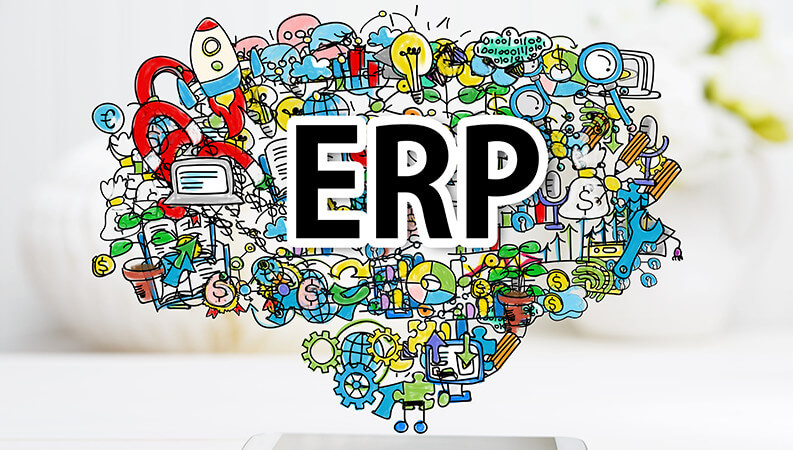Automation is at the heart of every successful business, helping employees work more efficiently without hiring additional staff. However, small businesses and startups often get started without some of the most useful solutions, putting it off until a day when they have more customers and larger teams.
Enterprise resource planning (ERP) solutions are often at the heart of every large corporation. Without them, businesses are forced to scramble to keep up with resources through Excel spreadsheets or paper-based processes. But with so many ERP options now available, there’s no reason they should be limited to larger businesses.
What Is ERP?
The term Enterprise Resource Planning is often applied to a wide variety of applications that help businesses manage operations. It could be a solution that tracks sales, captures customer contact information, manages billing, helps a business with employee or contractor management, or a combination of all of the above.
With the right solution in place, a business can automate time-consuming tasks such as tracking customer orders and reconciling invoices. ERP creates an all-in-one solution that brings a business’s contact list databases, fulfillment and invoicing, sales, and customer service tracking into one place, where they can interact with each other. This software also often has integrations and add-ons that can pull even more activities into the same place.
Small Business Options
Thanks to the wide availability of cloud software, even small businesses can deploy ERP in their operations. For a low monthly fee, a small business can automate its payroll, budgeting, billing and invoicing, and much more. Many of these solutions are scalable, allowing organizations to adjust their solutions as they grow, but a small business could eventually switch to a more robust cloud-based ERP once it has more employees and clients to manage.
Many ERP providers have crafted packages specific to the needs of small businesses.Sage Small Business Solutions has packages starting at $10 per month, while Microsoft Dynamics has packages starting at $50 per month. There are many other ERP solutions geared toward small business environments, each with their own unique features. Small businesses can shop around and find the perfect ERP to meet their needs, but many of these providers will work directly with a business to create the perfect suite of solutions.
Choosing an ERP
As businesses start searching for an ERP provider, it’s important to know exactly which features to designate. Product-based businesses may find an ERP that helps with receivables and inventory management is the best option for them. Businesses with multiple employees may need a strong human resources component, especially if their teams are spread out across multiple locations.
For all businesses, reporting will be an essential component. By being able to easily pull data on how their teams are performing, which products are selling best, or which clients consistently pay on time, small businesses can get the insight they need to make important decisions. Integrations are also important, especially if a business already uses other cloud-based tools. Finding a software package that works well with the solutions already in place can help a business save time and money. Even if an entrepreneur doesn’t already have specific software, those integrations can drive the software that business uses in future years, since connecting it to customer, employee, and product databases will be easy.
ERP solutions can help a business organize its information, with multiple databases feeding into each other. The end result is a system that automates all of a business’s operations, improving efficiency and saving money. With so many small business ERP packages now available, the biggest challenge organizations face is in finding the right solution to meet their unique needs.



